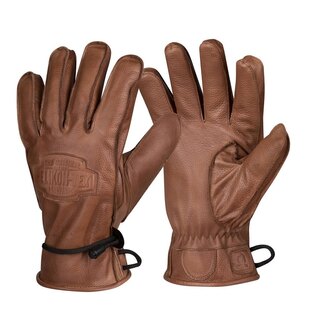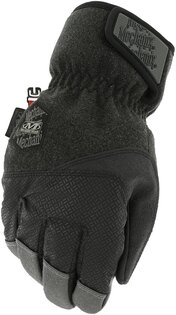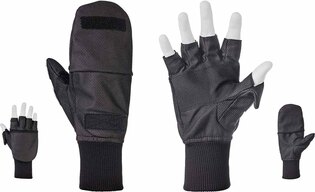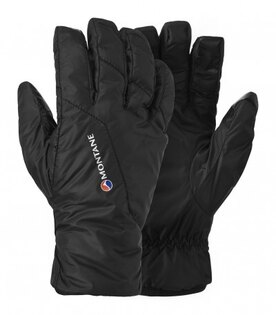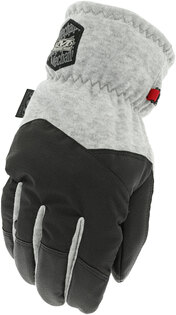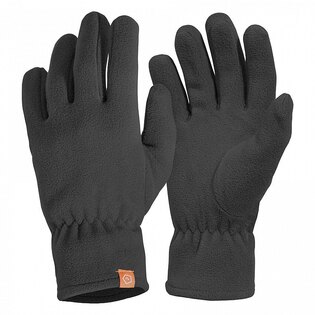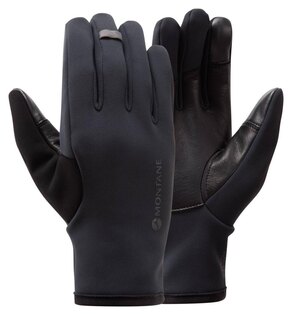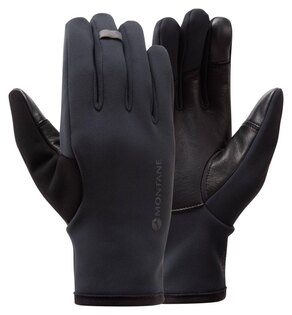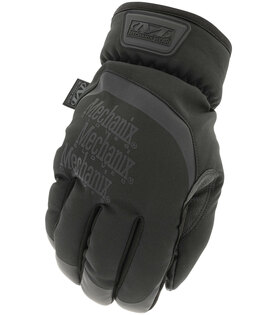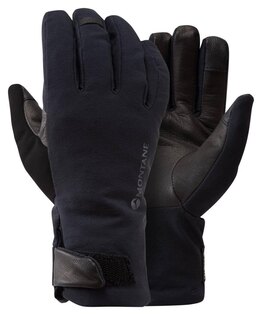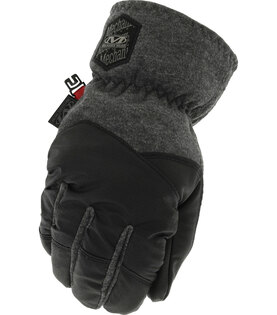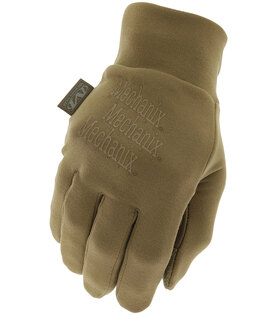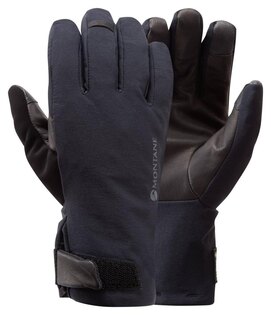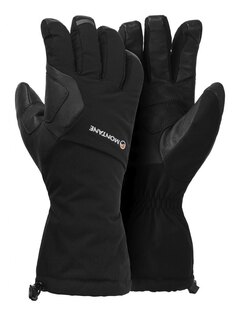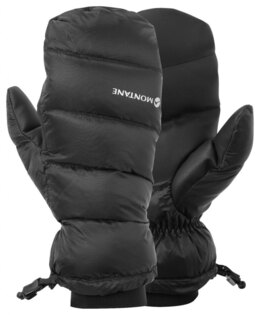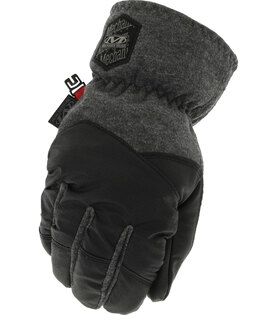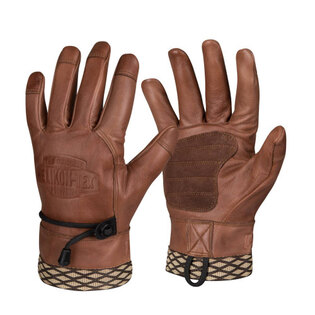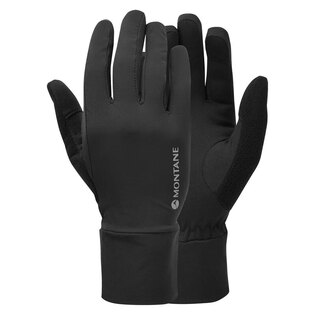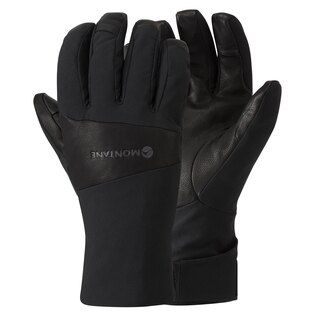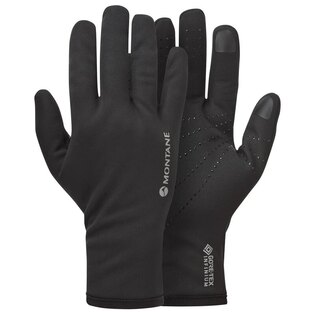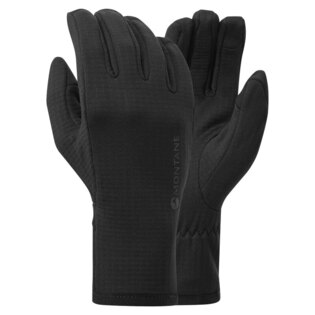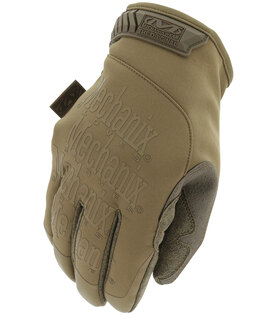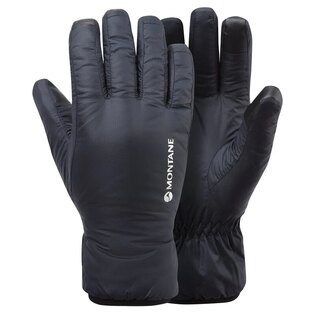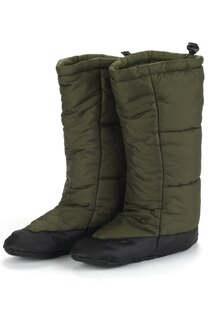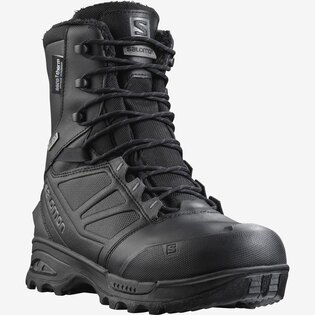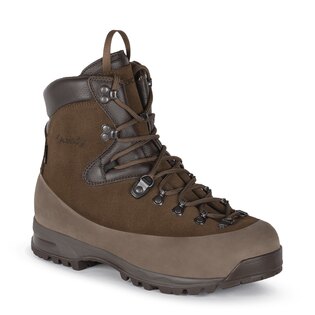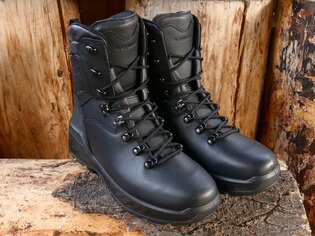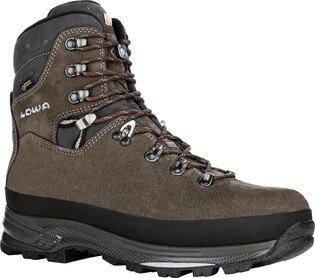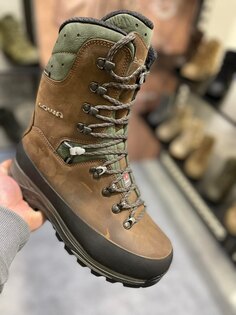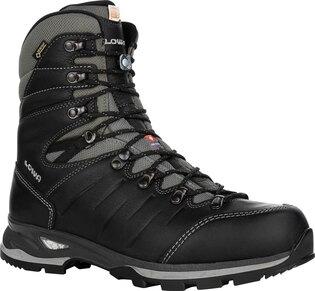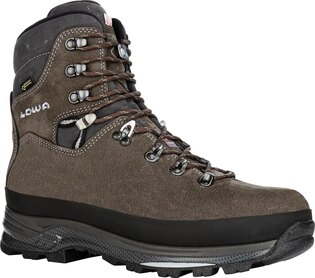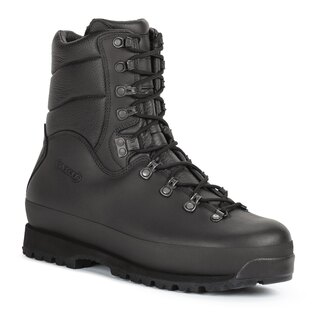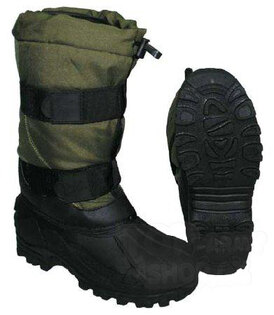Cold weather - how to survive and warm up?
Do you go to nature? Then you surely know that winter can be very challenging, although winter itself is very beautiful. Nature won't care if you are sufficiently protected against frostbite. Read some tips and rules that protect you against it.
A poorly dressed person is not prepared to face weather changes. This mostly concerns unqualified and poorly prepared tourists. In winter, frostbite is often the least of the problems. And in winter, Mother Nature can be exceptionally ruthless. Then you have a choice. Be prepared or, in the worst case, freeze…
What effect can strong cold have on the human body?
- Frostbite.
- Hypothermia.
- Hypoglycemia.
The conclusion is simple. If we can avoid these three states, nothing will happen to us and we will survive in an emergency situation. Otherwise, we are in serious trouble even in situation number 1.
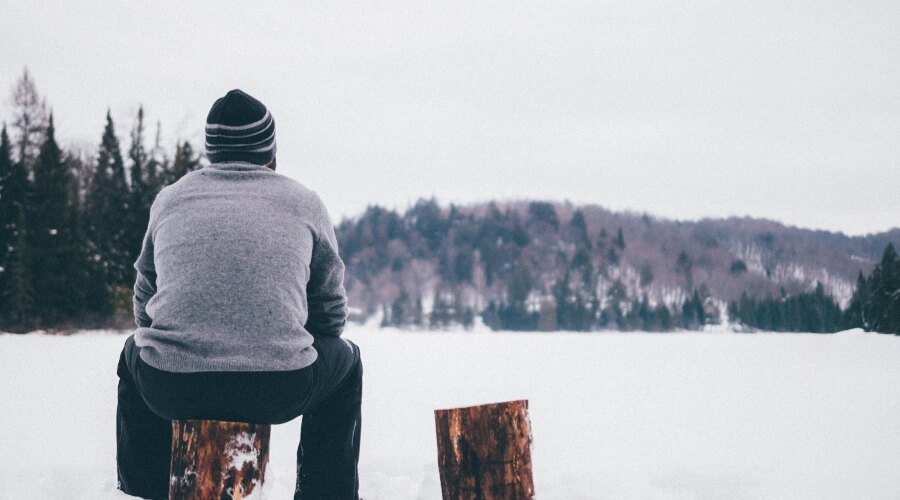
In winter, Mother Nature can be exceptionally ruthless.
How to survive frostbite?
The body is composed mostly of water. If water molecules freeze in severe cold, it leads to an effect where frostbite starts to form on parts of the body, which is a very unpleasant signal that something is happening with our body. You can easily get frostbite, and the temperature on the thermometer does not have to drop to extreme values. A slight wind and a temperature of -5 degrees are enough for major discomfort. Naturally, the wind amplifies the effect, as it lowers the perceived temperature. At temperatures below ten degrees and with strong wind, frostbite can occur in just five minutes. Therefore, one of the main priorities to prevent frostbite is shelter from the wind.
The most common places where frostbite occurs are unprotected areas, such as the nose, ears, fingers, and often toes. Gloves, a warm hat, good footwear, and socks are thus a logical foundation without which you should not venture into cold weather.
An old trick advises that frostbitten hands can be tucked into the armpits, where there is the most warmth. Also, breathe onto your cheeks and try to cover frostbitten ears as quickly as possible.
How to survive hypothermia?
Internal organs can operate without problems only within a relatively narrow temperature range. If this does not happen, a condition known professionally as hypothermia occurs. In extreme cases, organs stop functioning properly, often leading to inevitable death. We are talking about vital organs such as the heart, lungs, kidneys, and brain.
Hypothermia comes on very insidiously and its symptoms are not easy to detect. So let's list the main symptoms:
Mild hypothermia (first signs of trouble):
- Trembling.
- Lack of coordination.
Moderate/severe hypothermia:
- Slurred speech.
- Low energy.
- Inexplicable heat.
- Weak pulse.
- The shaking stops.
Tips on how to prevent hypothermia
As follows, hypothermia is a life-threatening condition. Therefore, take the following advice to heart, although it is almost certain that hypothermia is usually caused by a person themselves by being improperly dressed.
- Avoid getting wet: being wet and cold is the worst possible combination.
- Take off wet clothes immediately: if you are wet and it is very cold, you risk to die.
- Change wet clothes to dry ones.
- Try to start a fire.
- Heat the water and give the victim (yourself) sips of the warm liquid warmed over the fire.
- Place the heated container in the groin, next to the neck or chest.
- If everything else fails, try skin-on-skin contact (unless you're alone).
During severe hypothermia, stress is inevitably encountered. The body uses fat reserves and converts them into energy, which it turns into heat. Most often, the body draws carbohydrates—simple sugars, which means that, apart from hypothermia, hypoglycemia can also occur, which can significantly affect the functioning of the heart. Therefore, in hypothermia, try to eat foods that contain simple sugars. So, don't forget to pack honey, mixed nuts, dark chocolate, bananas, etc., in your luggage.
It is essential to maintain a drinking regime. Even in cold weather, dehydration can occur very easily. Never eat snow!
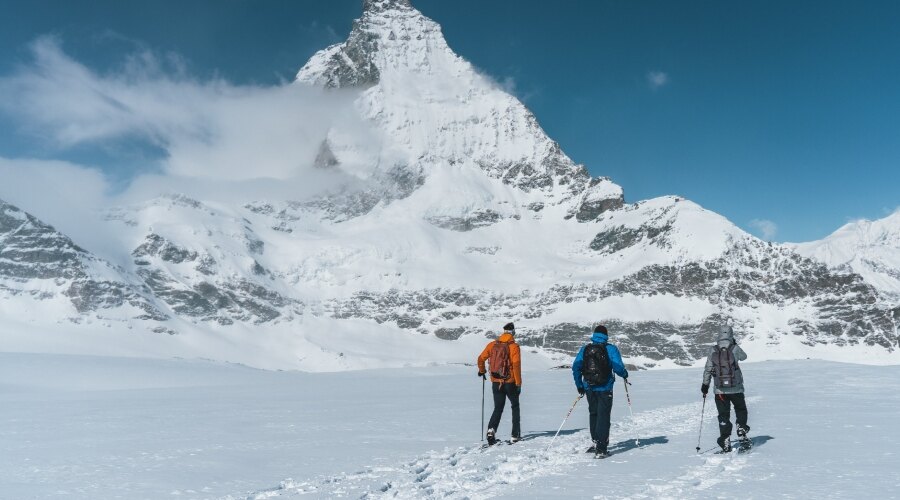
It is essential to maintain a drinking regime. Even in cold weather, dehydration can occur very easily. Never eat snow!
Proper layering of clothing is essential
The most common mistake is improper clothing. We have written several articles about how to layer clothing correctly and why it is important. We recommend reading them. In correctly layered clothing, you should not feel too hot, which is completely wrong even in winter. Sweat cools down the body, and you will soon start to feel cold. At the same time, understandably, you should not feel cold.
Keep your heart rate
In cold weather, our heart rate decreases, resulting in slower blood flow, which ultimately causes us to feel very cold. Try to warm up and, if possible, do not stay in one place - you will get cold quickly.
Find shelter, learn to make a fire
Mountain cottages, cabins, niches in caves. This is just the foundation of how to hide safely. If you are experienced, you can also make an improvised shelter. The skill of making a fire is definitely a life-saving art. You can read several articles in our magazine that will guide and advise you on this useful skill.
Prevention is the key
We repeat it almost always and believe that it will continue to be so, but prevention is truly the foundation. Therefore, wear appropriate outdoor gear, dress appropriately, and monitor weather forecasts.
We firmly believe that winter nature will provide you with only pleasure without health complications.
Readers are further interested



























































































































